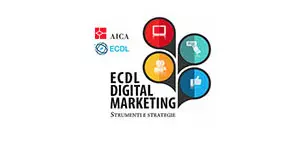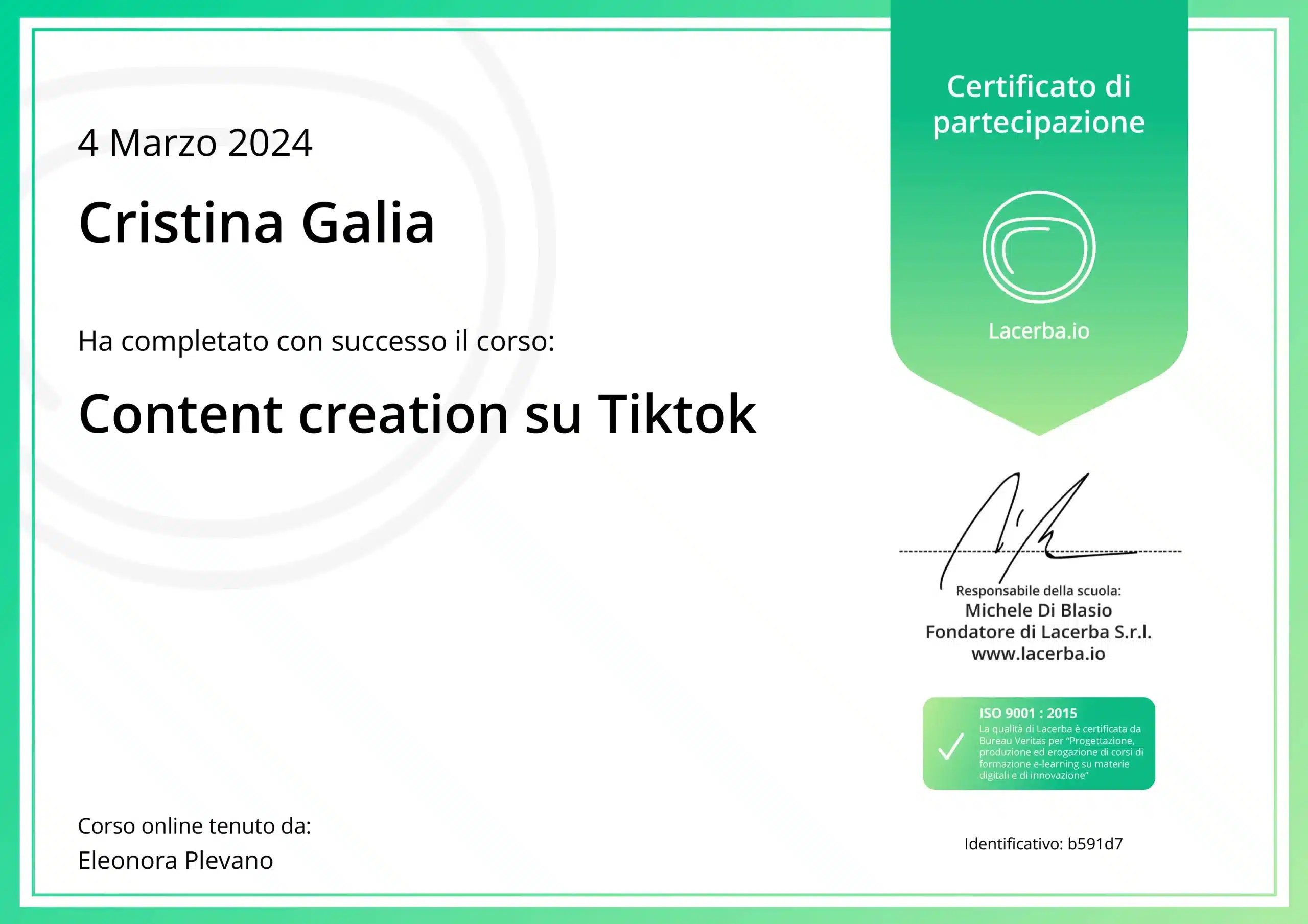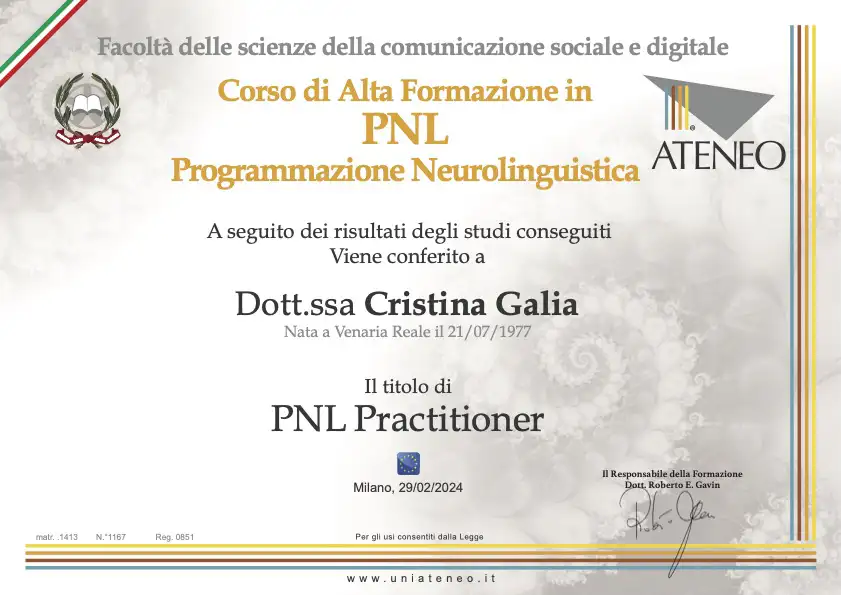Understanding Artificial Intelligence: Origins, Applications, and Ethical Challenges
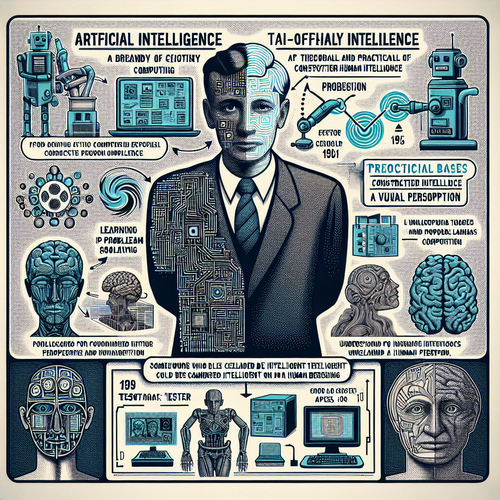
Artificial Intelligence: Definition and Origins
Artificial intelligence (AI) represents a branch of computer science concerned with creating systems capable of performing tasks that would normally require human intelligence. These tasks include, but are not limited to, learning, reasoning, problem-solving, understanding natural language, and visual perception. The origins of artificial intelligence date back to the 1950s, when pioneers like Alan Turing and John McCarthy laid the theoretical and practical foundations for building intelligent machines. Turing, in particular, with his famous “Turing Test,” proposed a criterion to evaluate whether a machine could be considered intelligent in a way similar to a human being.
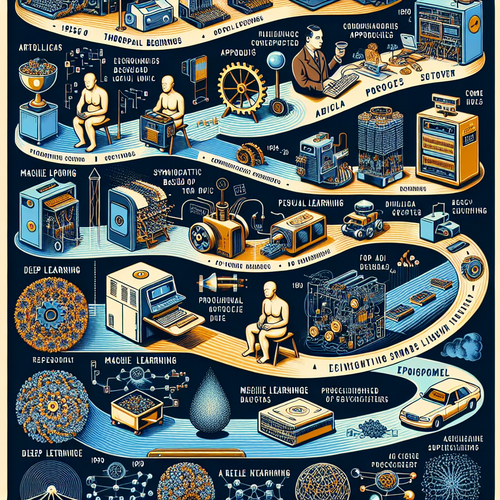
The evolution of AI has gone through various phases, from symbolic approaches based on explicit rules and logic to more advanced and empirical techniques such as machine learning and deep neural networks (deep learning). These methods enable machines to learn from large amounts of data without being explicitly programmed for each individual task. Advances in computing power, access to massive datasets, and improvements in algorithms have made it possible to develop increasingly sophisticated and high-performing AI systems.
Artificial intelligence is not a single technology, but a collection of disciplines that combine computer science, mathematics, statistics, and neuroscience, with the goal of moving closer to building machines capable of “thinking” or acting autonomously. In this sense, AI represents a frontier that is both fascinating and complex, with ethical, social, and economic implications that continue to fuel debate and strategic investment on a global level.
Artificial Intelligence: Applications and Impacts in Everyday Life
Artificial intelligence has now permeated numerous aspects of everyday life, revolutionizing both how we work and how we access services and products. In the field of communication, for example, voice assistants like Siri, Alexa, and Google Assistant use sophisticated natural language recognition algorithms to interact with users, facilitating access to information and the management of smart devices. In the healthcare sector, AI is used to diagnose diseases through medical imaging analysis, accelerate the discovery of new drugs, and personalize treatments more effectively.
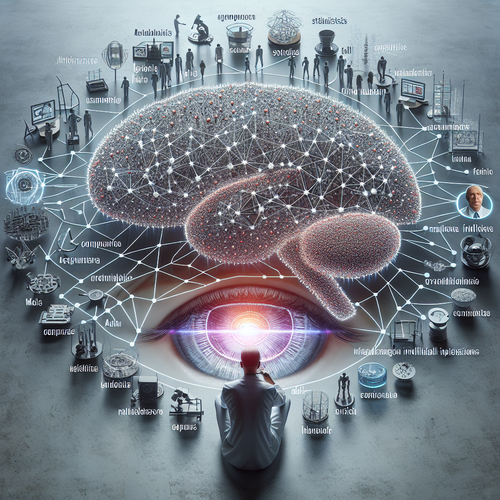
Businesses are benefiting from AI in industrial automation and business management processes: from optimizing supply chains to predictive inventory management, to analyzing marketing data to create targeted advertising campaigns. In the financial sector, artificial intelligence is used to detect fraud, assess credit risk, and automate algorithmic trading operations. The entertainment world has also been transformed by AI: streaming platforms like Netflix and Spotify use personalized recommendation algorithms to suggest content based on user preferences.
Despite the many advantages, artificial intelligence also poses significant challenges, such as the need to regulate the use of personal data and prevent algorithmic bias that could amplify social discrimination. In fact, the responsible management of AI is essential to ensure a positive impact and sustainable large-scale adoption. In the future, the technology will continue to evolve and become increasingly integrated into our daily lives, generating new ways of interacting with the digital world while raising ethical questions that must be addressed with care.
Artificial Intelligence: Ethical Challenges and Future Perspectives
The increasingly widespread adoption of artificial intelligence has sparked an important ethical debate involving philosophers, technologists, lawmakers, and citizens. One of the main issues concerns algorithm transparency: often, decisions made by AI systems are “black boxes,” meaning they are not easily interpretable by humans, creating problems related to accountability and trust. For example, in critical fields such as criminal justice or personnel selection, it is essential to ensure that automated decisions do not perpetuate unconscious injustices or discrimination.
Another key issue is privacy. Artificial intelligence heavily depends on access to and analysis of large amounts of personal data, raising important questions about consent, data security, and the risk of mass surveillance. Globally, many institutions are working to develop regulations and guidelines that protect individual rights without hindering technological innovation.
Looking ahead, the prospects for artificial intelligence are both exciting and complex. AI could drive further progress in fields such as robotics, bioinformatics, sustainable energy, and even creativity: software already exists that can co-create works of art, music, and literary texts. However, a balanced approach combining technical expertise with deep ethical and social reflection will be necessary. Only in this way can artificial intelligence truly become a tool at the service of humanity, contributing to a smarter, more inclusive, and more sustainable future.
About Us: Crisandcris.net
We are a web agency composed of web designers, developers, and graphic designers, and we create IT systems, websites, and digital marketing services, managing everything related to the digital world: advertising campaigns, social media management, newsletters. Our goal is customer satisfaction, improving our services, and offering real, effective support! If you’ve used our services, writing us a review will motivate us to improve even further. You can leave a review on our Google profile: https://g.page/r/CVQKtj0BpS0cEAo/review
Visit our SOCIAL pages Facebook: https://www.facebook.com/crisandcrisweb Instagram: https://www.instagram.com/crisandcrisweb/ Linkedin: https://www.linkedin.com/in/cristinagalia/
Write to us! Fill out the contact form or send us an email, you can find our details on the contact page







